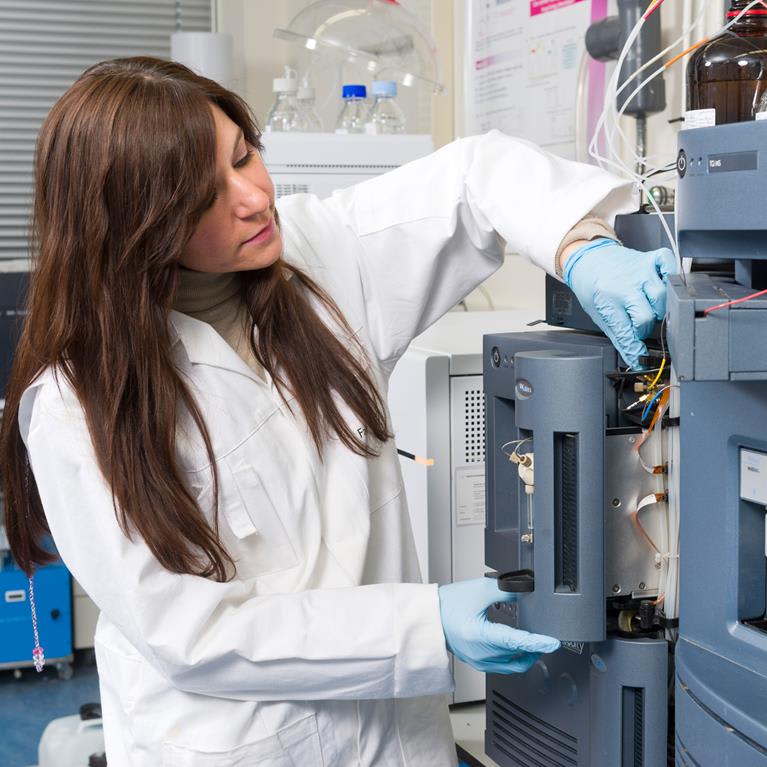Masters degrees in Pharmacology equip postgraduates with the skills to identify the source, composition and characteristics of drugs, and their effects on the tissues and systems in the human body. These include man-made and organic substances.
Pharmacology is a highly interdisciplinary field, drawing on knowledge from areas such as biology, chemistry, biochemistry, neuroscience, and medicine. During your studies, you will learn how to design and conduct experiments to investigate the effects of drugs on living organisms. You will also gain knowledge in computational methods used in drug discovery and clinical trials, including pharmacogenomics and bioinformatics.
As a student in a Pharmacology Masters programme, you may have the opportunity to explore different areas of Pharmacology and specialize in a particular field of interest. For example, you might choose to focus on the Pharmacology of drugs that affect the central nervous system, or investigate the molecular mechanisms of drug resistance.
Alternatively, you could learn about the development of new drugs for the treatment of cancer, infectious diseases, or metabolic disorders.
Related subjects include Experimental Pharmacology and Clinical Pharmacology. Entry requirements typically include an appropriate undergraduate degree such as Medicine, Biology, Biochemistry or Chemical Engineering.
Why study a Masters in Pharmacology?
Pharmacology explores the effects of a huge range of substances on the human body; you’ll investigate these responses at molecular, cellular and tissue levels.
Training usually combines vocational and theoretical elements, including laboratory-based experiments, bioinformatics, computational biology, drug discovery and clinical investigation.
As previously stated, you may want to specialise in certain types of substance and their effects, such as narcotics and neuropharmacology. Alternatively, you could train in the composition and design of drugs for pharmaceutical and medicinal purposes, such as the production of antibiotics.
Careers in this field include roles within clinical practice, such as diagnostics, drug testing, and therapeutics. You might also explore avenues such as community support (including rehabilitation programmes) and charity work.

 Continue with Facebook
Continue with Facebook
















